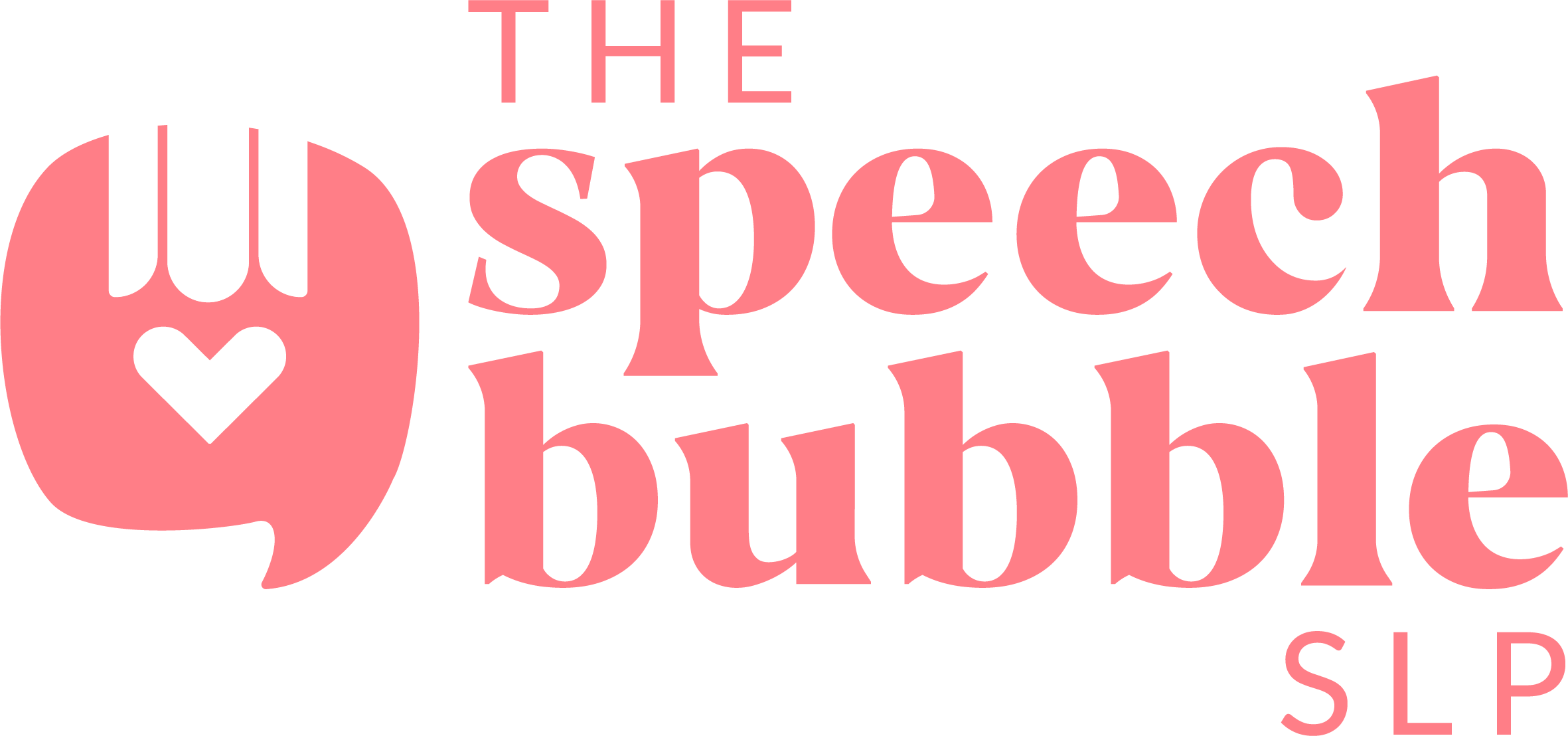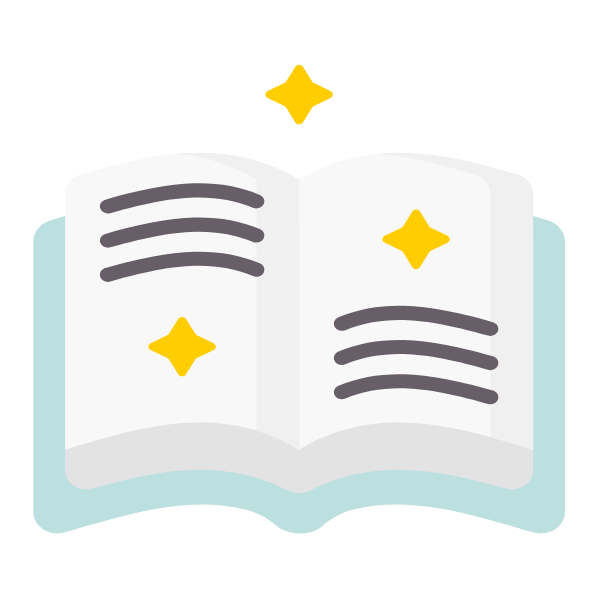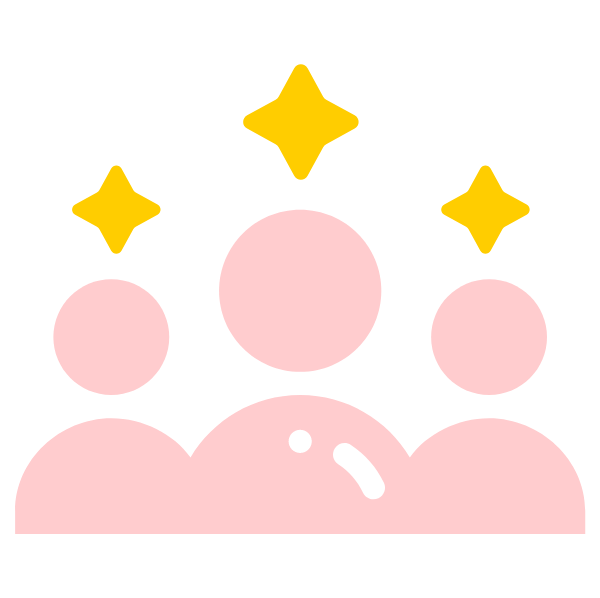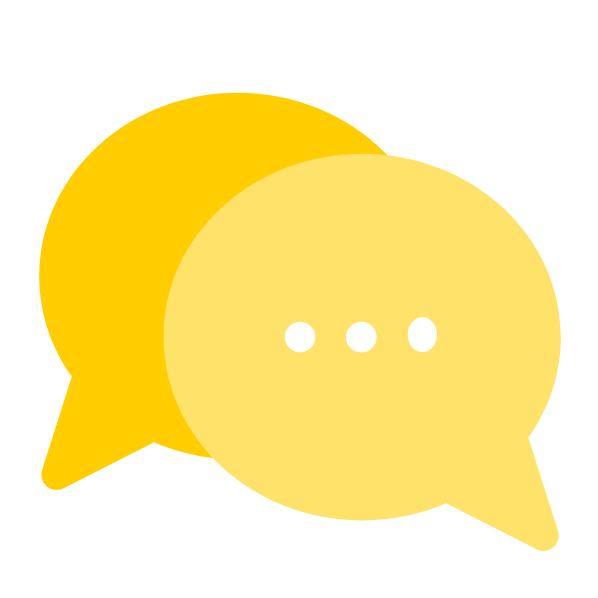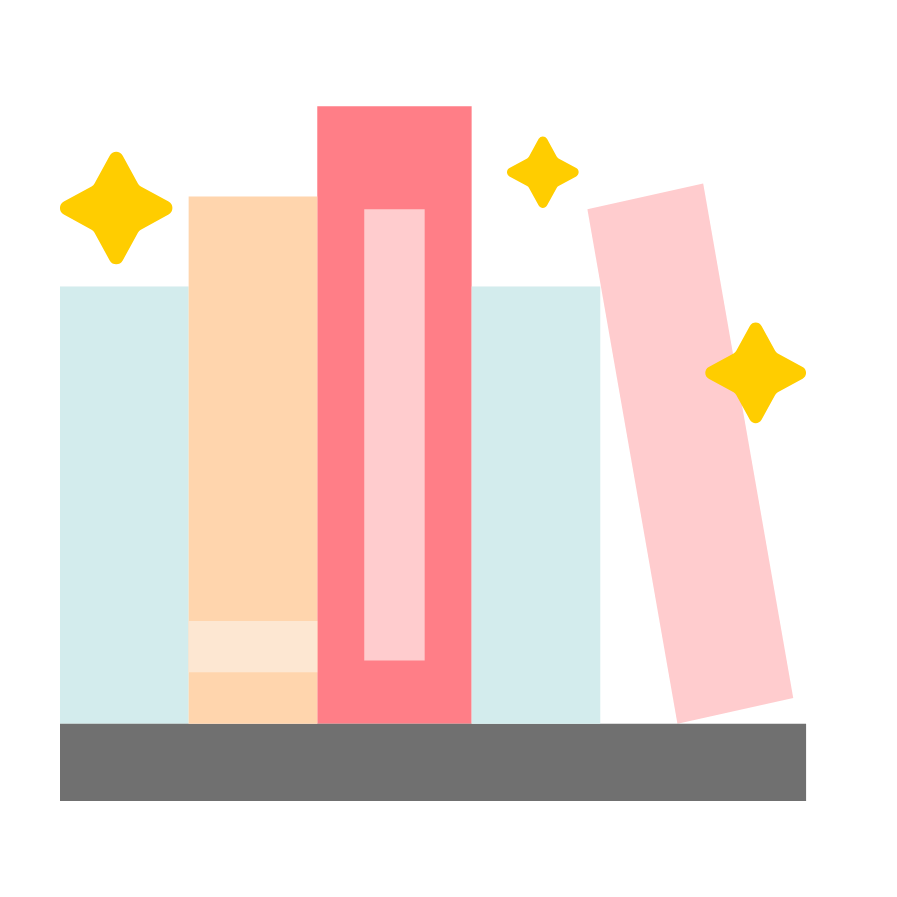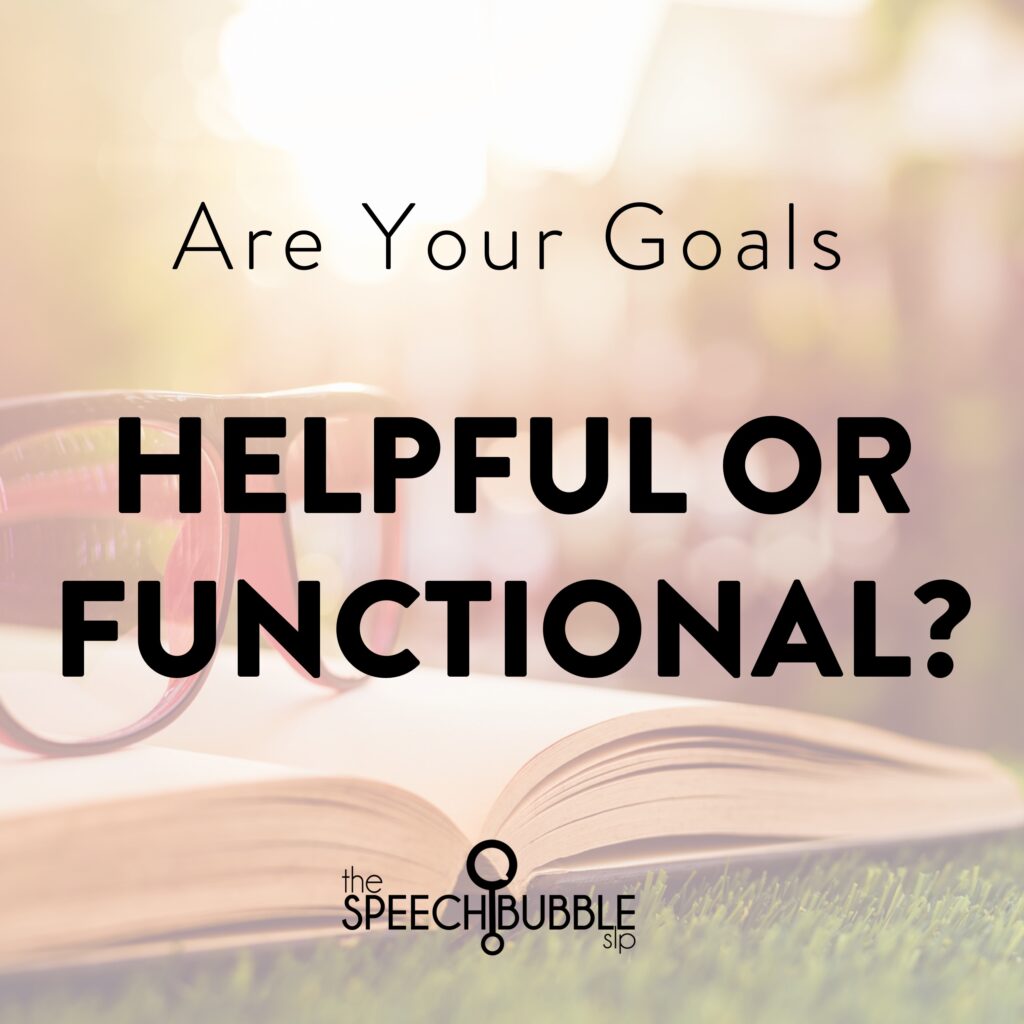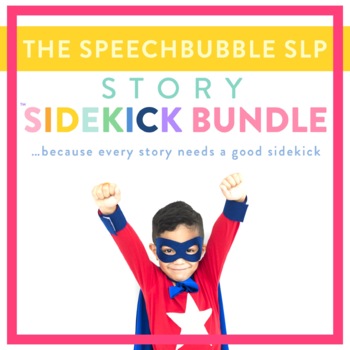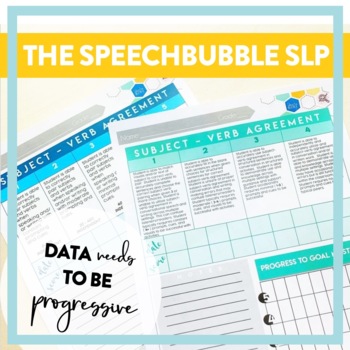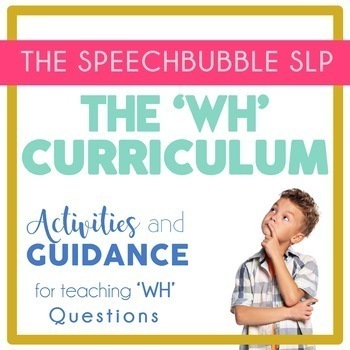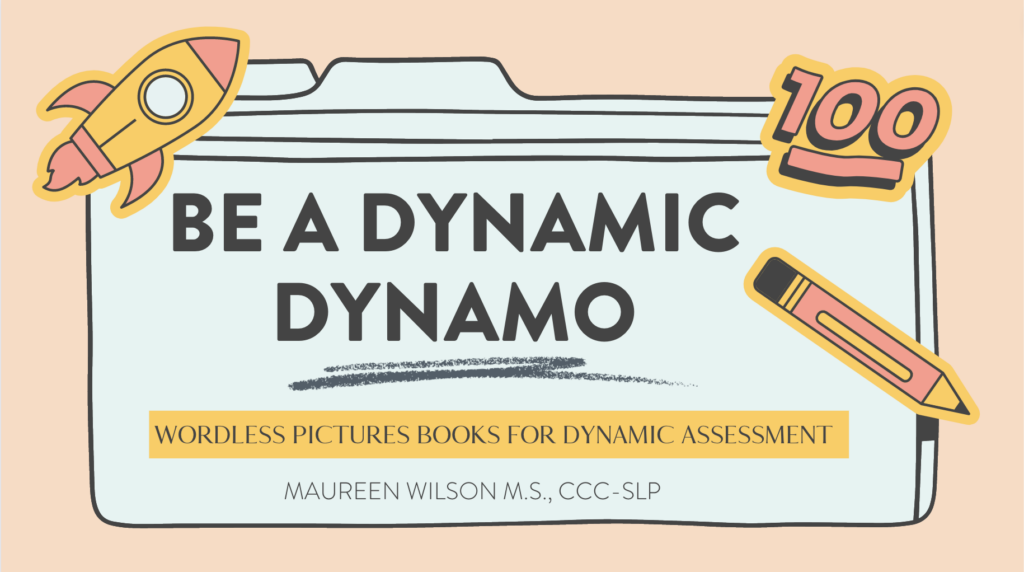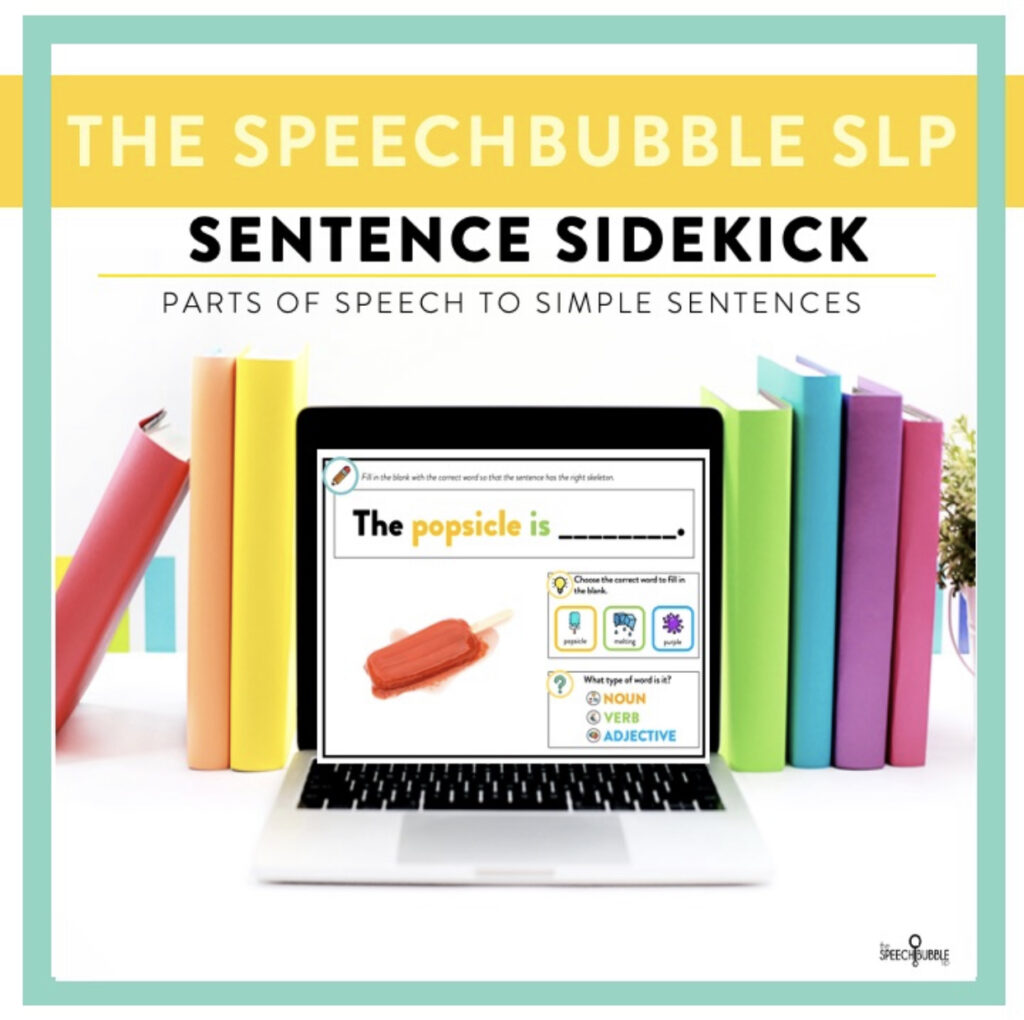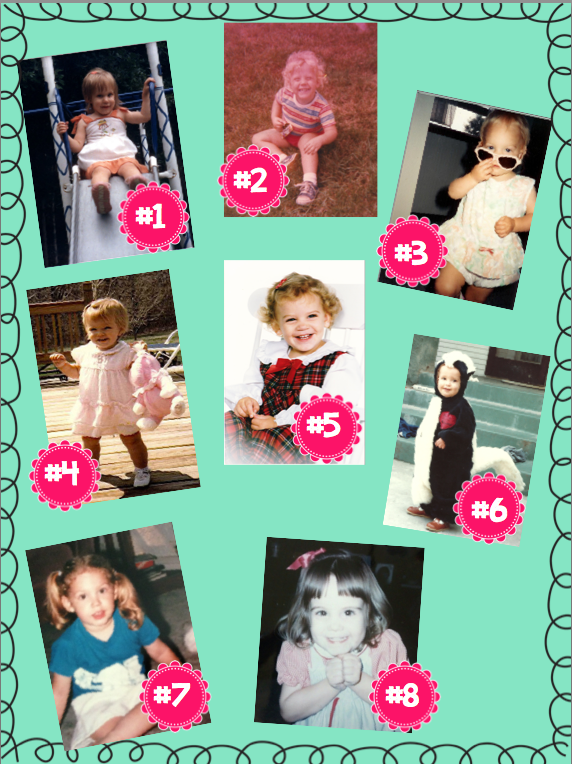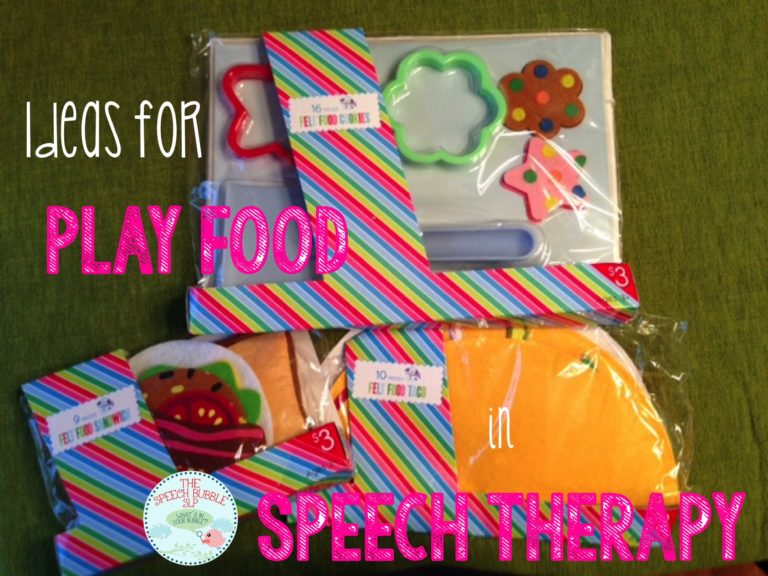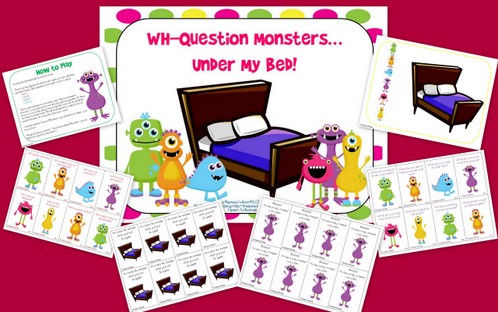
I firmly believe that SLPs have some of the biggest and most compassionate hearts out there. That being said, our hearts can sometimes over-rule our heads when it comes to our students. We see all of their struggles and everything we can help with…and so we try too. We write goals for skills that maybe ‘nice’ if they had a better handle on or were a bit stronger in, but that aren’t necessarily functional for the student or the setting. Writing goals for a school setting will have some differences vs writing them in a clinic setting. In a school setting we are targeting a student’s communication development to help improve their academic success and experience.
Here is an example of helpful vs functional:
HELPFUL: Writing a goal for a student to be able to articulate/approximate their pet’s name.
FUNCTIONAL: Writing a goal for a student to be able to articulate/approximate their teacher’s name.
While is would be great if your student could tell their neighbor that their new puppies’s name is Shadow, it is far more functional for their school setting to be able to approximate their teacher’s name.
Writing more goals to be helpful can also lead us to over-writing goals which makes more work ( and stress ) for us and decreases the amount of time the student gets to spend working on their goals. Think of it this way. There is only so much time in our school day to work with students. It’s finite. Since there is only so much time to go around ( and so much of you ) the time available to work on goals gets spread thinner and thinner to try and cover them all. Keeping goals in that functional ballpark is beneficial for everyone.
So how can we tell if the goal is helpful or functional? When you are writing a goal for a student, reflect on these thoughts ?
- Did my data indicate this is a skill that needs therapeutic attention?
- What academic area is this skill associated with?
- If this skill is targeted and improves, what will the positive impact in their school day be?
If you can’t think of an answer or have to really stretch to validate your answer, then the goal you are thinking about writing is probably more helpful than functional. Make a note of it and add it to their file. If they work with an SLP in a clinic as well, pass that information onto them and see if it is something they feel is appropriate for them to target.
Sometimes we get requests from parents or admin/teachers for certain goals they feel would be helpful. Most of the time their suggestions are valid and would agreeably be helpful for the student, but if you cannot find a link to suggestion being a functional goal for your setting then it is an opportunity to politely explain that while the goal may be helpful it is not as functional as the other proposed goals at that time and can be noted as a possible goal to target later on. ??
So as the school year approaches keep this little nugget of information in mind and remember, the most helpful goal you can write is a functional one.
